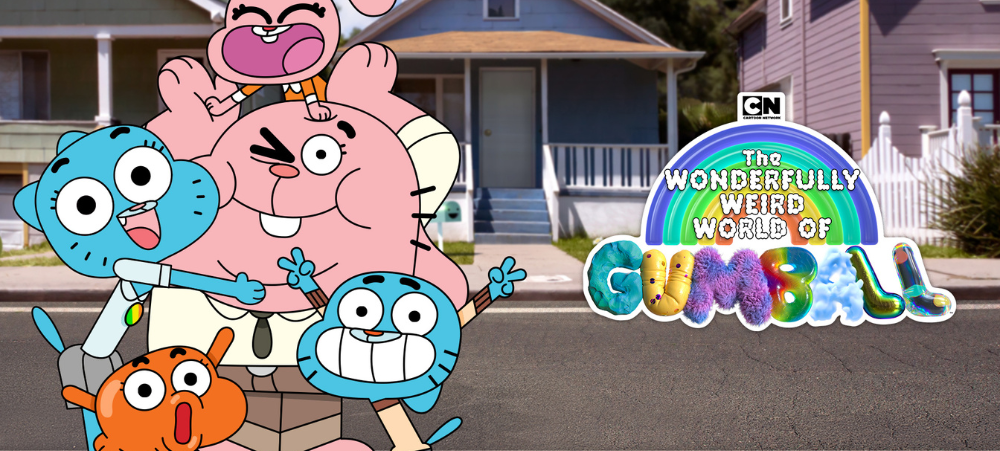
Sexy Socks Reaches One Million School Socks Donated Across South Africa
Sexy Socks, the Cape Town based social enterprise known for its “pair for a pair” mission, has officially donated one million pairs of school socks to children in need across South Africa. The one millionth pair was delivered during the brand’s recent Sock Drop which coincided with its eleventh birthday. Founded by David Hutchison, Sexy Socks operates on a simple model. For every pair of socks purchased, a pair of school socks is donated to a learner who needs them. This milestone represents a decade of consistent delivery, community support, and purpose-driven business. Since day one, Sexy Socks has believed that business should be a force for good. Reaching one million donated pairs is more than a number; it represents one million moments of comfort, dignity, and opportunity for learners across the country. Founder David Hutchison says the milestone reflects both growth and impact. “The most rewarding part of being a founder is seeing an idea become something that creates real value. Over the years Sexy Socks has grown from a small start-up into a business that supports more than forty families, and delivers meaningful change through every sale. As we reach one million pairs donated, we are grateful for everyone who has supported the mission and helped make this possible.” The company’s focus is to show that everyday purchases can create positive change. Their premium, design-led socks have become popular for personal use and gifting, allowing customers to contribute to a social cause through a simple purchase. “Sexy Socks started as a simple idea and it is incredible to see the scale of impact it has created.” says Hutchison. “Hitting one million donations shows what is possible when people choose to support businesses with purpose. This milestone is not a finish line for us. It is motivation to keep growing our reach and to continue proving that small actions can create real change.” Beyond donations, Sexy Socks uses each Sock Drop as a chance to connect with learners and reinforce that business can be a force for good. The team shares the message that small actions can make a big difference, and that kindness builds stronger communities. With the one million milestone achieved, Sexy Socks plans to continue expanding its reach, partner with more schools, and grow its retail footprint. The company remains committed to proving that purpose and profit can work together to drive long term social impact, while continuing to embodying their core values of community, kindness, integrity and inclusivity. About Sexy Socks Sexy Socks is a Cape Town based social enterprise that produces premium design-driven socks. For every pair sold the company donates a pair of school socks to a child in need across South Africa. Sexy Socks has donated more than one million pairs of school socks through its Sock Drops and continues to champion the idea that fashion can be both stylish and socially responsible. https://buysexysocks.com







